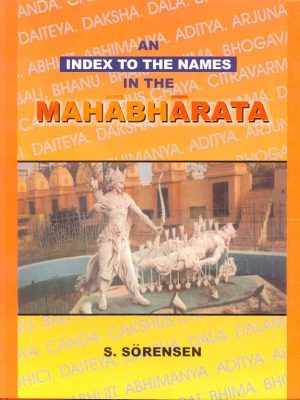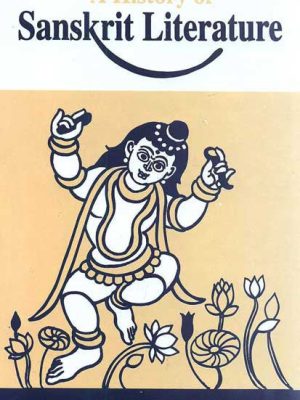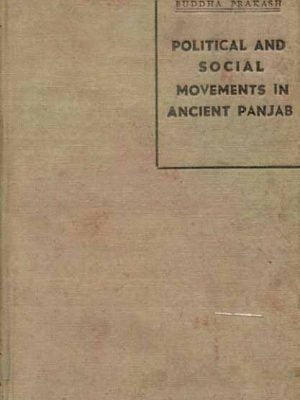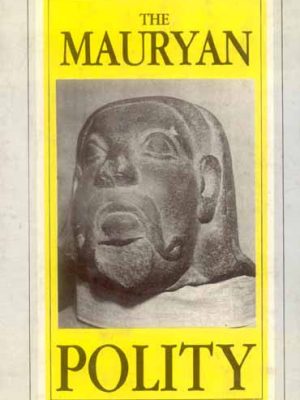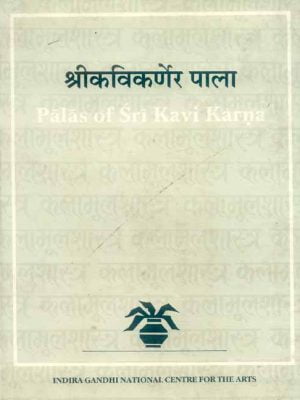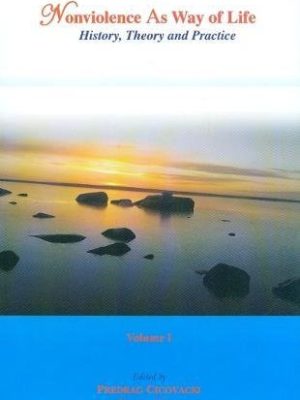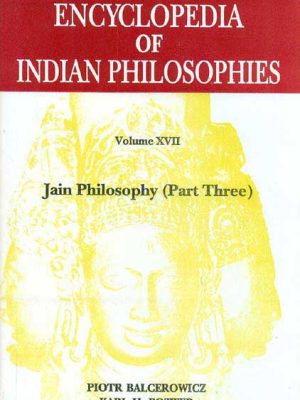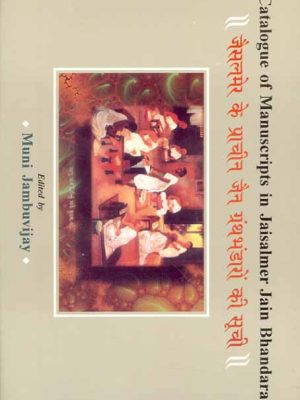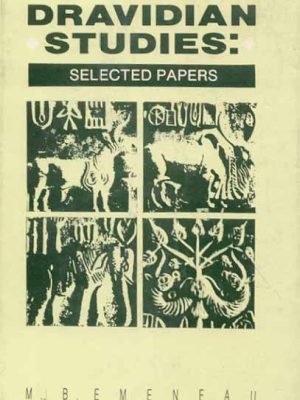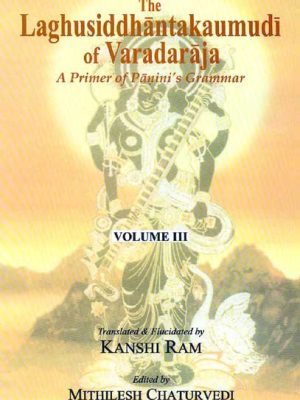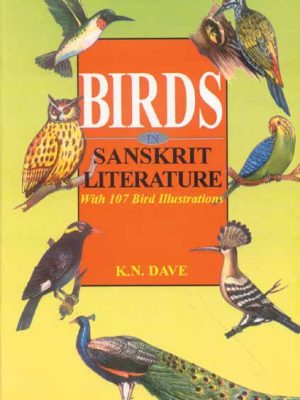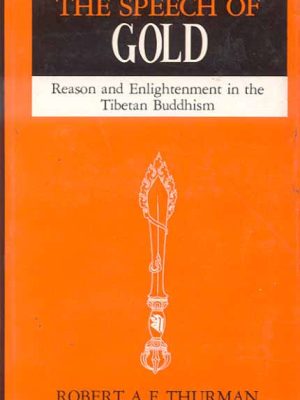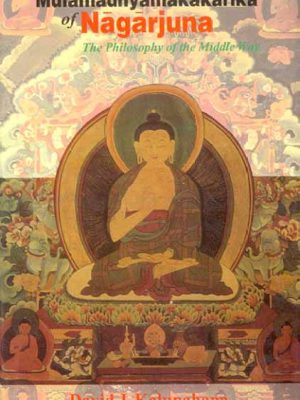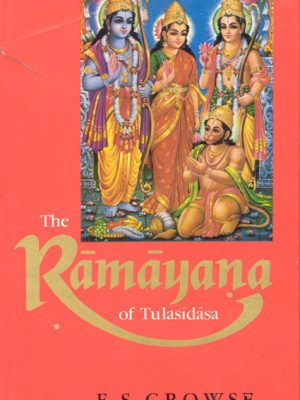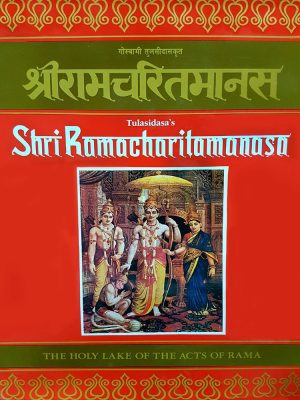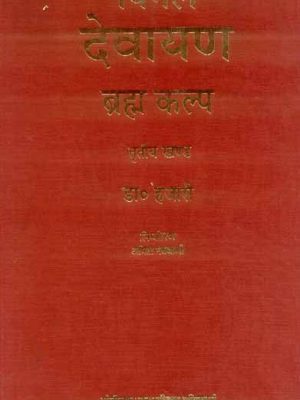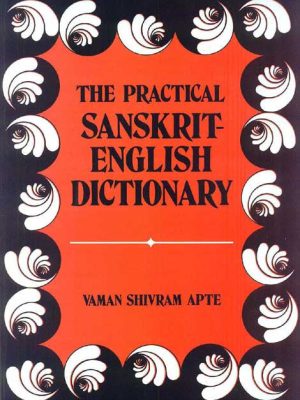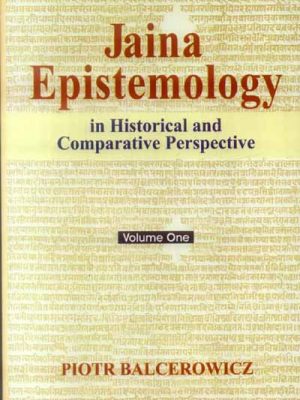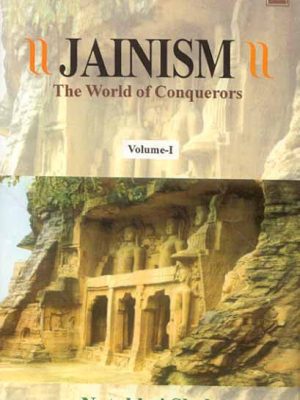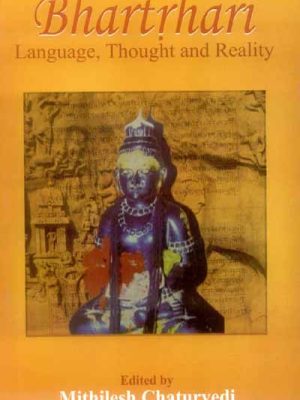Motilal Banarsidass
-
-
-
-
-
Nonviolence As a Way of Life: History, Theory and Practice, Volume I-II
Nonviolence As a Way of Life: History, Theory and Practice, Volume I-II
This book is intended for those who are struggling to understand and confront the epidemic of violence in our world but are not familiar with the nonviolent alternatives. Among those alternatives is the tradition of ahimsa, which has been advocated and practiced by the Jains for the last twenty-five centuries. Inspired by the Jains, this collection of essays speaks with many voices personal reflections, scholarly studies, religious insights ñ to provide examples, guidance, and encouragement to those trying to cope with the violence that has become so prevalent. The essays should speak to a broad audience, but most especially to young people (late teens to early twenties), who are surrounded by violence practically from their birth and in virtually all aspects of their life: home, school, community, work, and media. The book will help them see: 1. What is involved in a nonviolent approach to the world, and how to apply it in various aspects of their daily lives. 2. That there are many of us out there ñ of different genders, race, professions, social classes, and religious affiliations, on every continent ñ who take nonviolence very seriously and try to live in accordance with its principles and values. 3. That there are many groups, institutions, and organisations that practice nonviolence and who can offer guidance, counsel, and help. The central aims of this book are to let those dealing with or surrounded by violence know that there is another way, and to encourage them to try to live in accordance with that way ñ the way of nonviolence.
₹1,500.00 -
-
-
Shri Ramacharitamanasa: The Holy Lake Of The Acts Of Rama
Shri Ramacharitamanasa: The Holy Lake Of The Acts Of Rama
The SHRI RAMACHARITAMANASA by Tulasidasa is the single most popular book among Hindus. This book has a huge appeal to the affluent and the poor, the learned and the uneducated, the elderly and the young, as well as the scholar and the ordinary man. It has been around for more than four centuries.
Its popularity is neither exclusive to India, nor is it just read by Hindus, neither of which is true. Because it reaffirms man’s trust in the robustness of moral order that sustains the world, the message of the RAMACHARITAMANASA is more pertinent than ever in today’s world. Dark and wicked powers may and will sometimes pose a danger to disturb that order, but eventually, divine intervention will chasten and subjugate those forces and bring them under control.
This one-of-a-kind version of the RAMACHARITAMANASA has been developed with a verse-by-verse Hindi and English translation, in addition to Tulasidasa’s original text, bearing in mind the ever-increasing interest that people have shown in epic literature. The fundamental richness of the original has been preserved in the translation that was produced by an expert scholar. It has been constructed with the intention of being of assistance to Indian brothers and sisters who are now residing outside of India and for whom the dialect used in Tulasidasa’s original may be rather difficult to understand. The enormous Indian diaspora living in other countries has, for a very long time, voiced their desire for a standard and genuine copy of the RAMACHARITAMANASA. The current version was developed to fulfil their request by using the most cutting-edge printing and processing methods available in order to produce a product that conforms to international standards.
This version is distinguished in particular by the incorporation of Lavakushakanda, Shri Hanumanchalisa, and Shri Ramashalaka Prashnavali. The manner in which it is to be recited is detailed in a separate appendix. The significant portion that includes Indian, European, and American scholars’ critiques of Tulasidasa’s RAMACHARITAMANASA is another facet that contributes to the book’s one-of-a-kind character. The last section includes a dictionary that defines significant proper nouns as well as epithets.
Dr. R.C. Prasad translated SHRI RAMACHARITAMANASA into simple and lucid English and Hindi. He was a University Professor of English in Patna University where he taught for about three decades. He was an eminent author, translator and editor. He had a good number of books to his credit.
₹1,500.00 -
Pingal Devayan (Vol. 3): Brahma Kalpa (Vol. 3)
Pingal Devayan (Vol. 3): Brahma Kalpa (Vol. 3)
The Vijnanavadins have always been understood to have the belief that there is an Absolute. Pingal Devayan (Vol. 3): Brahma Kalpa (Vol. 3) thomas Wood conducts an investigation to determine the accuracy of the characterisation to what degree it applies. Dr. Wood reveals that the philosophical ideas of the Vijnanavadins were in reality equivocal, and in some instances even inconsistent, by conducting an in-depth investigation of several of the Vijnanavadins’ most important literature. This monograph is targeted primarily toward scholars of Indian philosophy and religion who have an interest in the schools of Mahayana Buddhism and in its doctrinal relation to Vedanta. However, due to its treatment of philosophical topics of universal interest, such as idealism, solipsism, and the nature of the inference to other minds, it is also of interest to Western and comparative scholars.
Author
Dr. Hazari
₹1,500.00 -
₹1,595.00
-
₹1,595.00
-
₹1,595.00

